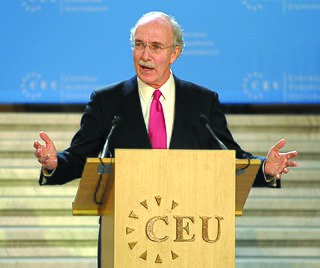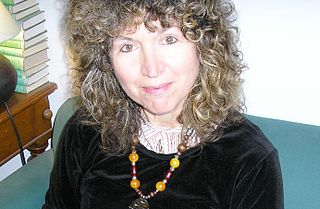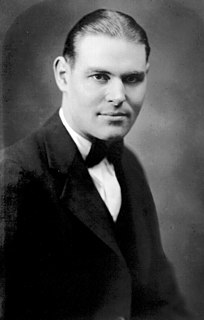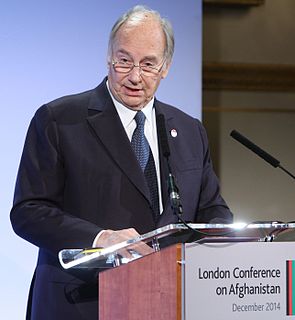A Quote by Samuel P. Huntington
In the emerging world of ethnic conflict and civilizational clash, Western belief in the universality of Western culture suffers three problems: it is false; it is immoral; and it is dangerous.
Related Quotes
The argument now that the spread of pop culture and consumer goods around the world represents the triumph of Western civilization trivializes Western culture. The essence of Western civilization is the Magna Carta, not the Magna Mac. The fact that non-Westerners may bite into the latter has no implications for their accepting the former.
Monotheism at Sinai, primitive Christianity, messianic socialism: these are the three supreme moments in which Western culture is presented with what Ibsen termed "the claims of the ideal." These are the three stages, profoundly interrelated, through which Western consciousness is forced to experience the blackmail of transcendence.
If there is such a thing as being conditioned by climate and geography, and I think there is, it is the West that has conditioned me. It has the forms and lights and colors that I respond to in nature and in art. If there is a western speech, I speak it; if there is a western character or personality, I am some variant of it; if there is a western culture in the small-c , anthropological sense, I have not escaped it. It has to have shaped me. I may even have contributed to it in minor ways, for culture is a pyramid to which each of us brings a stone.
[T]aking the Third into account does not bring us into the position of pragmatic consideration, of comparing different Others; the task is rather to learn to distinguish between false conflicts and the true conflict. For example, today's conflict between Western liberalism and religious fundamentalism is a false one, since it is based on the exclusion of the third term which is its truth: the Leftist emancipatory position.
Especially for those of us living in the Western culture, death to a large extent is still a taboo subject. It's considered something dreadful that shouldn't be happening. It's usually denied. The fact of death is not faced. What we don't realize in Western culture is that death has a redemptive dimension.
The Muslim world, with its history and cultures, and indeed its different interpretations of Islam, is still little known in the West. The two worlds, Muslim and non-Muslim, Eastern and Western, must, as a matter of urgency, make a real effort to get to know one another, for I fear that what we have is not a clash of civilisations, but a clash of ignorance on both sides.




































